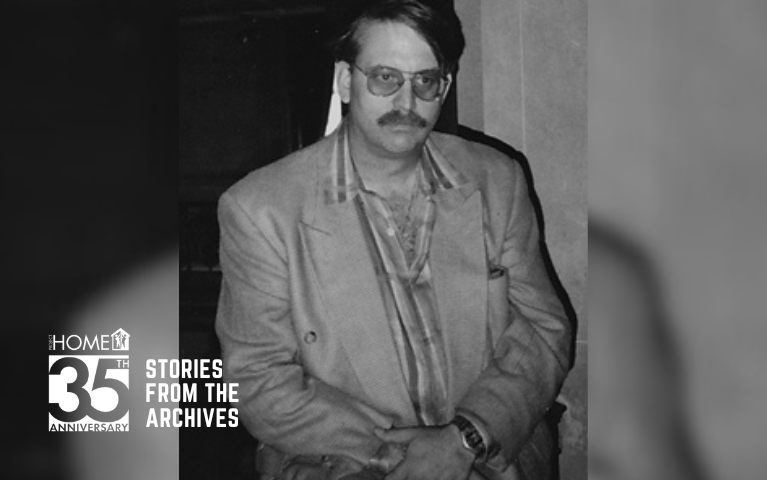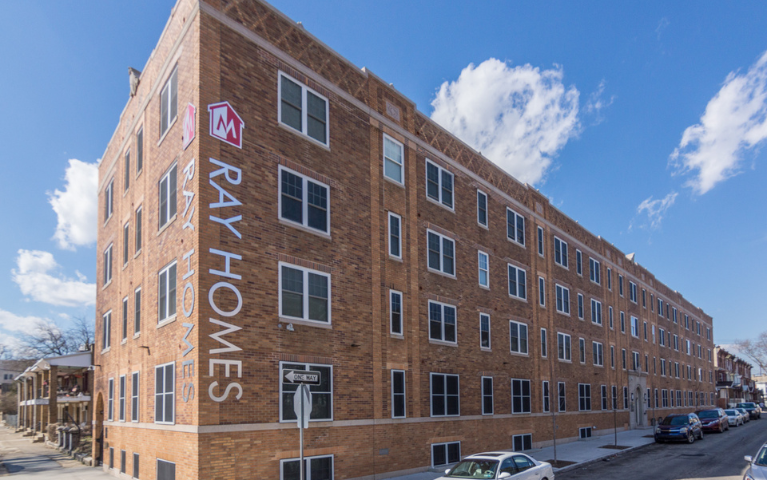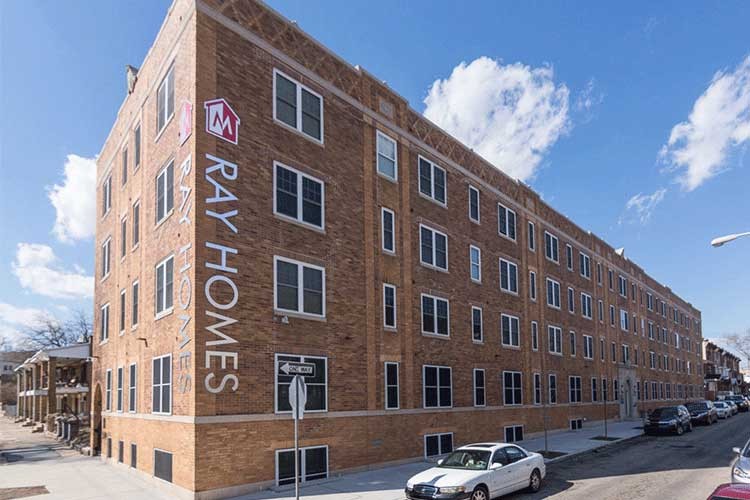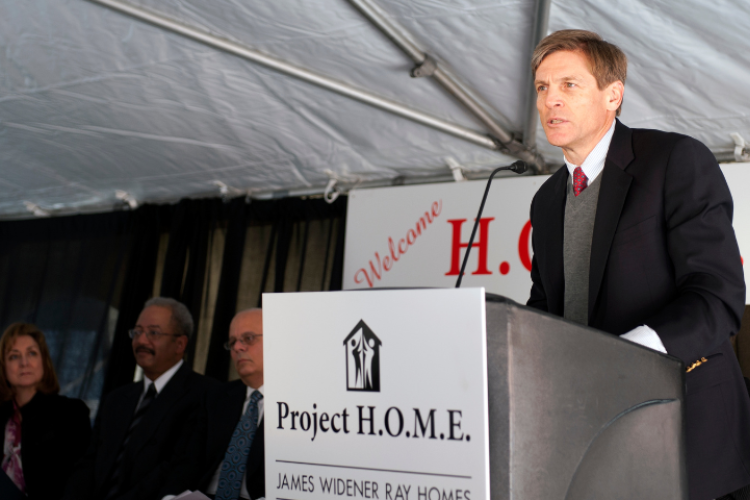Stories From The Archives: Generosity of Spirit

During our 35th anniversary year, we are digging into our deep archives to share stories from our past that highlight some of the many milestones we have celebrated over our nearly four decades of service to Philadelphia.
Below we shared the story of James Widener Ray, for whom our James Widener Ray Homes residence is named. His story is one resilience and generosity.
...
Like thousands of others Jim Ray had fallen through the cracks at one point in his life. A serious, untreated mental illness had led him to be disenfranchised from his family, and living in various half way houses in Seattle. He was just barely a step off the curb of living on the streets; one more broken and struggling soul in that city.
Jim had no money and had been kicked out of grocery stores for shoplifting items to sell for cigarettes. He was utterly humbled by the experience. Just a few years prior, he was remodeling his first home in Telluride, organizing jazz festivals – a bon vivant amongst the skiing elite in the mountain hideaway in Colorado. And now he owned one pair of bib overalls, a couple of T-shirts, and little else, living on the brink of homelessness.
During those years, Jim would often tell people he met that he was a multimillionaire. They would nod and chuckle, grin and walk away. No one stayed around long enough to listen to him talk about his life. But in fact, James Widener Ray was heir to a fortune. His ancestor, Joseph Widener, owned the first rail lines between New York, Philadelphia, and Washington, D.C.
Reviewing Jim's medical records, the terms “grandiosity,” “inflated self-worth,” and “delusions of grandeur” were not uncommon, all referring to Jim’s statements about his family’s wealth. This was an understandable mistake. It is rare for a multimillionaire to walk into a hospital ER wearing rags and rambling incoherently about John Singer Sargent painting portraits of grandmothers and great uncles and cousins drowning on the sinking Titanic.
Through the efforts of a psychiatrist who listened and believed Jim’s story, Jim agreed to a professional guardian who initially worked with a couple of Jim’s family members. A care system was developed, and Jim began his arduous journey back to the life he was more familiar with, only now, more understanding of some of the realities of life that most of the very wealthy are sheltered from knowing.
Jim had come to know well the plight of those who were homeless, under-served, ignored, and rejected. His heart was moved by the marginalized, because he himself was marginalized. His experiences led Jim to found the Raynier Institute & Foundation. During his lifetime, Jim focused the Foundation’s support on efforts to improve the lives of youth in the Seattle area. After his untimely death in 2005 at the age of 57, the Foundation’s directors decided to honor him by expanding funding to efforts to alleviate homelessness and mental illness both in Seattle and Philadelphia.
James Widener Ray’s story touches us at Project HOME in many ways. His lifelong struggle with bipolar disease reminds us of the vulnerability that is part of the human condition. His life also witnesses to the amazing gifts, dignity, and beauty that are present even in persons who go through profound hardships. We also believe his own experiences of suffering were a taproot of compassion for others, which took the form of his astounding generosity to so many.
Jim's story also touches us in a very tangible way. The Raynier Foundation, which he founded, has pledged a significant contribution to Project HOME, in large part to fund our newest residence on Venango Street. This residence will open its doors later this month to provide safe, dignified, and affordable housing. It will include 53 efficiency apartments, including 33 for formerly homeless persons, seven for veterans, and 13 for low-income persons. And it will have a fitting name: The James Widener Ray Homes – a wonderful legacy to the triumph of his spirit.

We are excited to welcome home 53 new persons as part of our ongoing efforts to end homelessness in Philadelphia. The project would not have been possible without the Raynier Foundation, Barbara and Bob Ryan, and a transformational leadership gift from Leigh and John Middleton. MPOWER supplied start-up capital funding and enabled Project HOME to access federal stimulus dollars. We are deeply grateful to all of these supporters. And we are grateful for the inspiring story of James Widener Ray, whose name the residence will proudly bear, and to all those who bear witness to the power of transformation and the resilience to turn suffering into hope and possibility for others.

